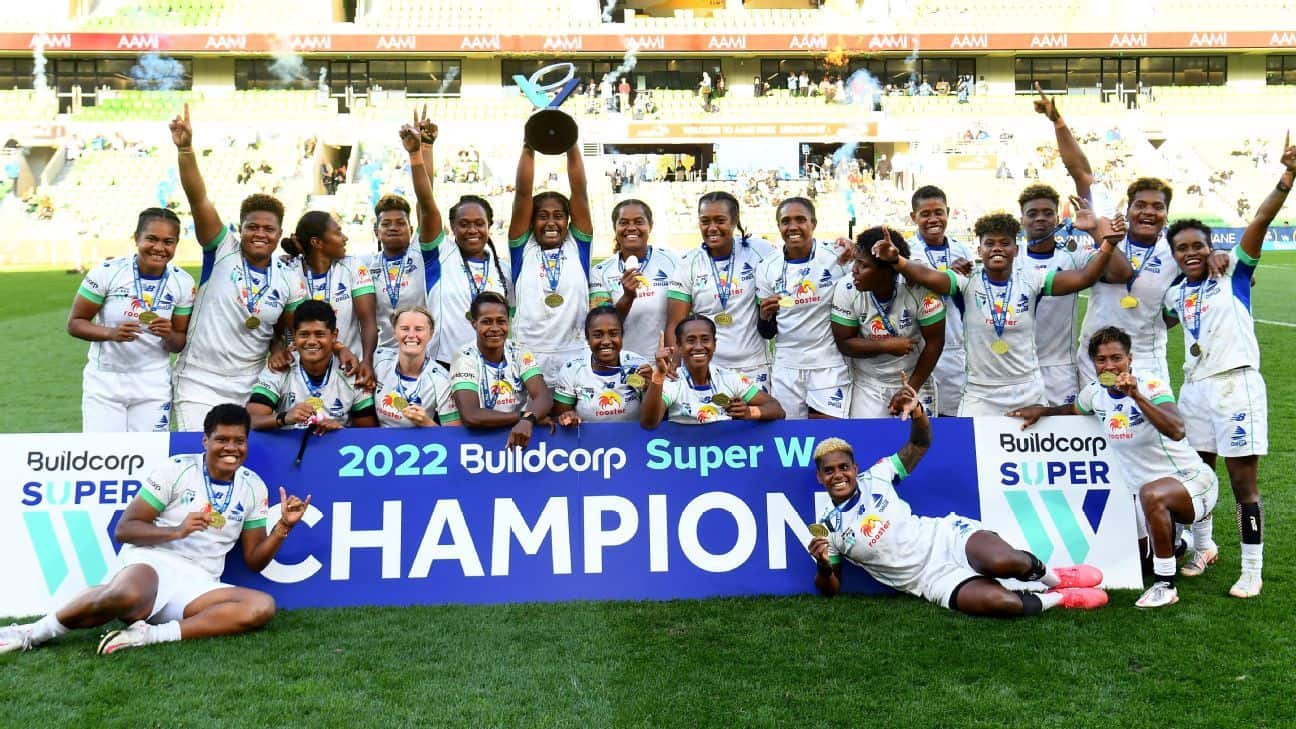‘Sega ni dau dromu na Drua’, meaning ‘The Drua does not sink’, were the words that echoed through the Fijiana Drua camp this season, carrying them all the way to the Super W title. Short and simple they may be, but this expression signalled the strength, hope and belief of the Fijian women; this was the law of the team!
Seasoned number 8, Sereima Leweniqila shared their ethos after arriving home from the long Super Rugby campaign. From the gruelling and dirty mud runs in . . .
Please Subscribe to view full content...
